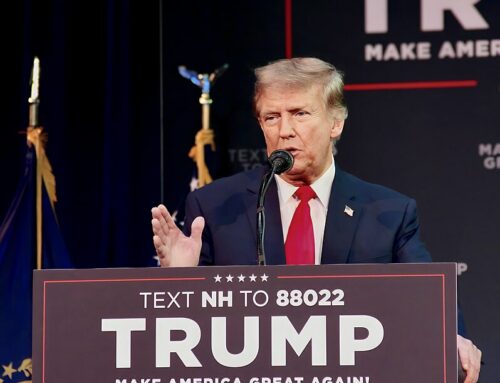by Greg Walcher, E&E Legal Senior Policy Fellow
As appearing in the Daily Sentinel
There is a famous story about Nobel Prize-winning economist Milton Friedman walking down the street with a friend. The friend stopped and said, “Hey, there is a $20 bill on the sidewalk.” The economist turned to him and replied, “There can’t be. If there were a $20 bill on the sidewalk, somebody would have picked it up.”
Friedman often taught that if something were in people’s best interest, they would discover and put it to use without having to be told or forced to do so. A Forbes economic writer named Tilak Doshi, a long-time energy economics analyst, wrote a great piece called “The Energy Efficiency Paradox,” in which he highlights the folly of governments around the world forcing consumers to make energy choices designed to save them money. He describes the government theory as “bureaucrats working in the (International Energy Agency), World Bank, EPA and others on tax-funded salaries… telling us, hey, there are these massive energy efficiency opportunities to help our economy with ‘win-win’ outcomes; there are cheap solutions for producers which remain unexploited despite their obvious benefits.”
But if the benefits of such “energy efficiency” measures are so obvious, why do producers and consumers need mandates and regulations?
A few years ago, “American Amnesia” author Helen Krieble broadcasted a series of “freedom minutes” on several hundred radio stations. In one, she mentioned the requirement for building permits to replace windows in her home. “Some advocates may want to protect me from an installation that may not save as much energy as I wanted.” But, she asked, “isn’t that really my responsibility?” In explaining a founding principle that is unfortunately controversial nowadays, she said simply, “Americans believe in limited government because we believe in self-government. We need the government to protect us from foreign invaders, not from drafty windows.”






